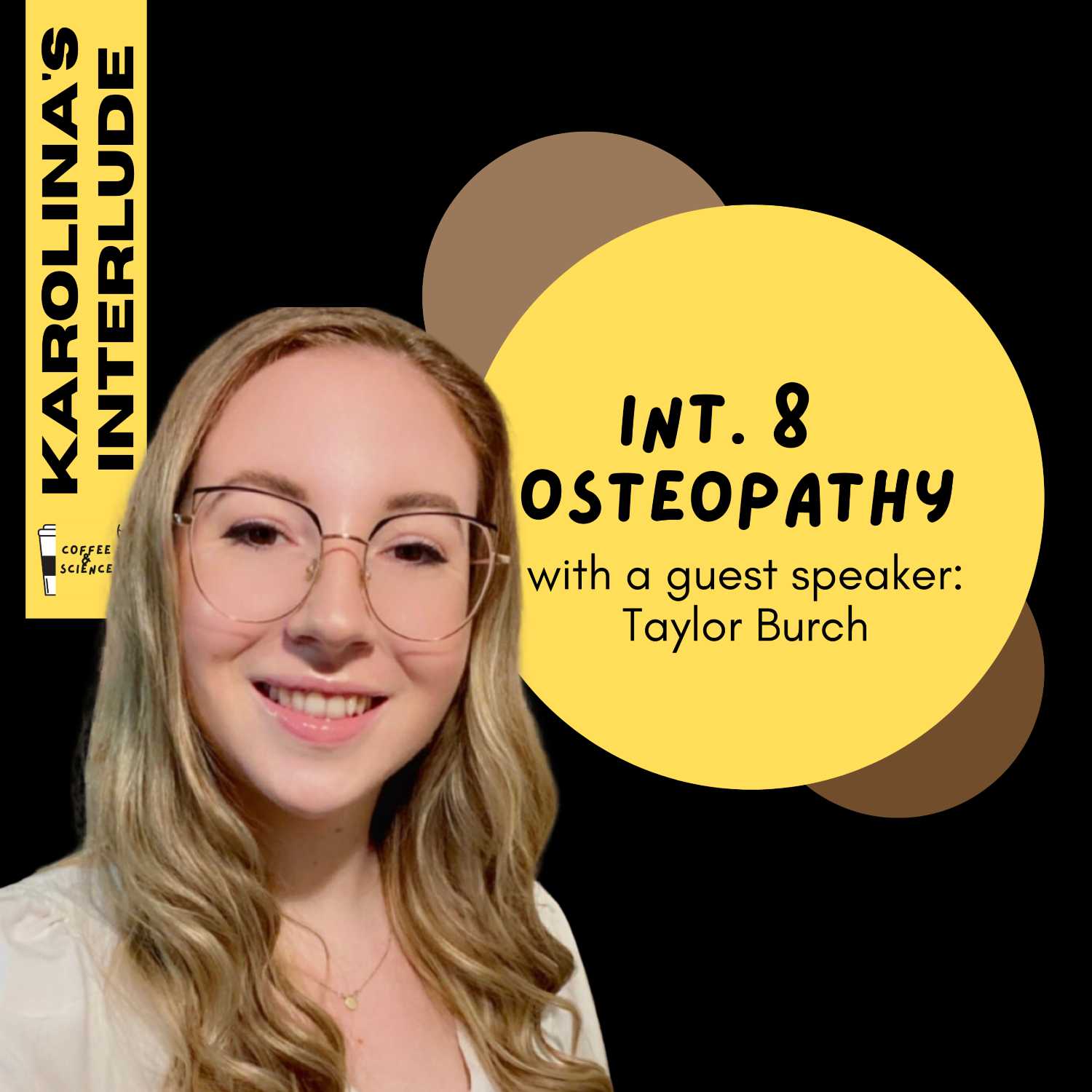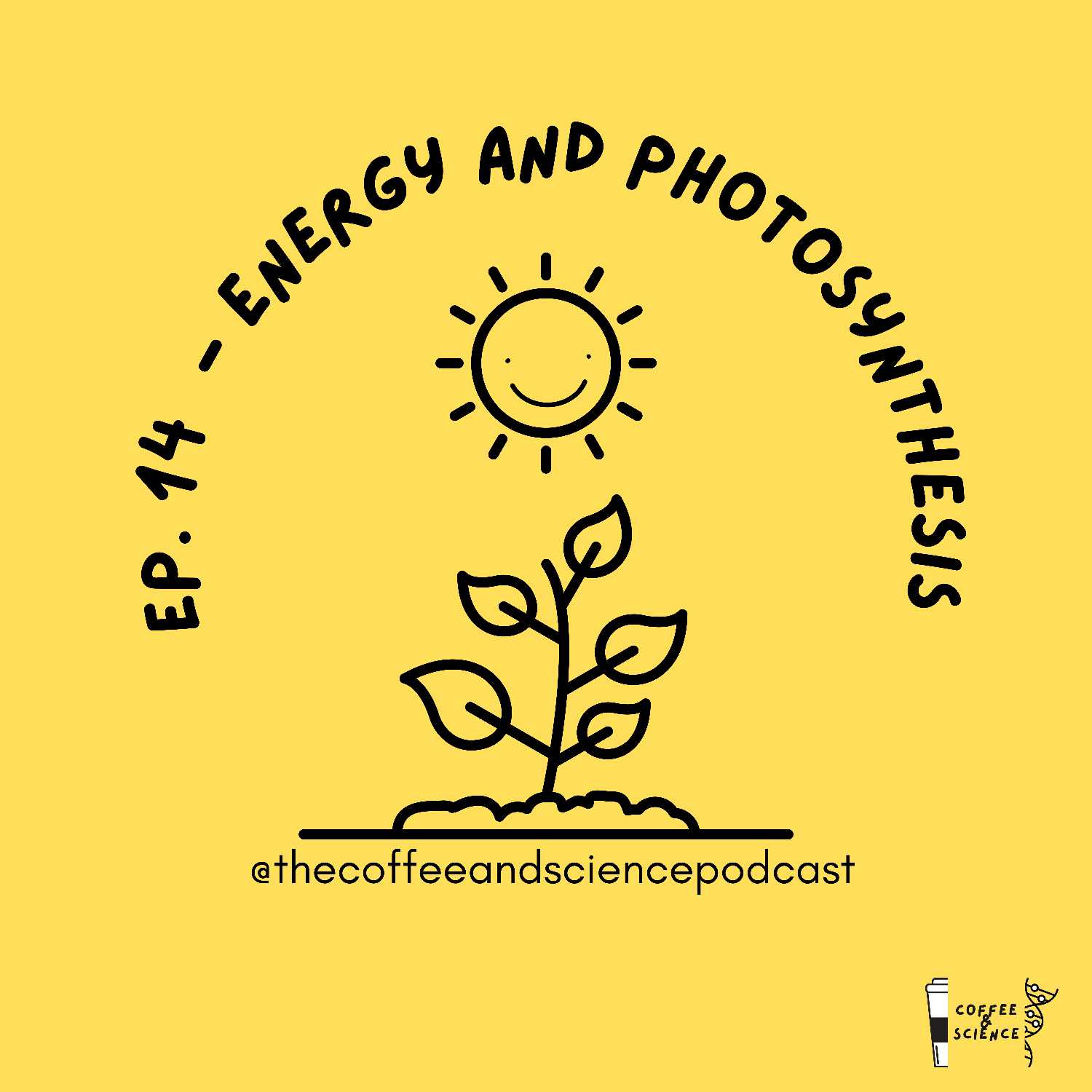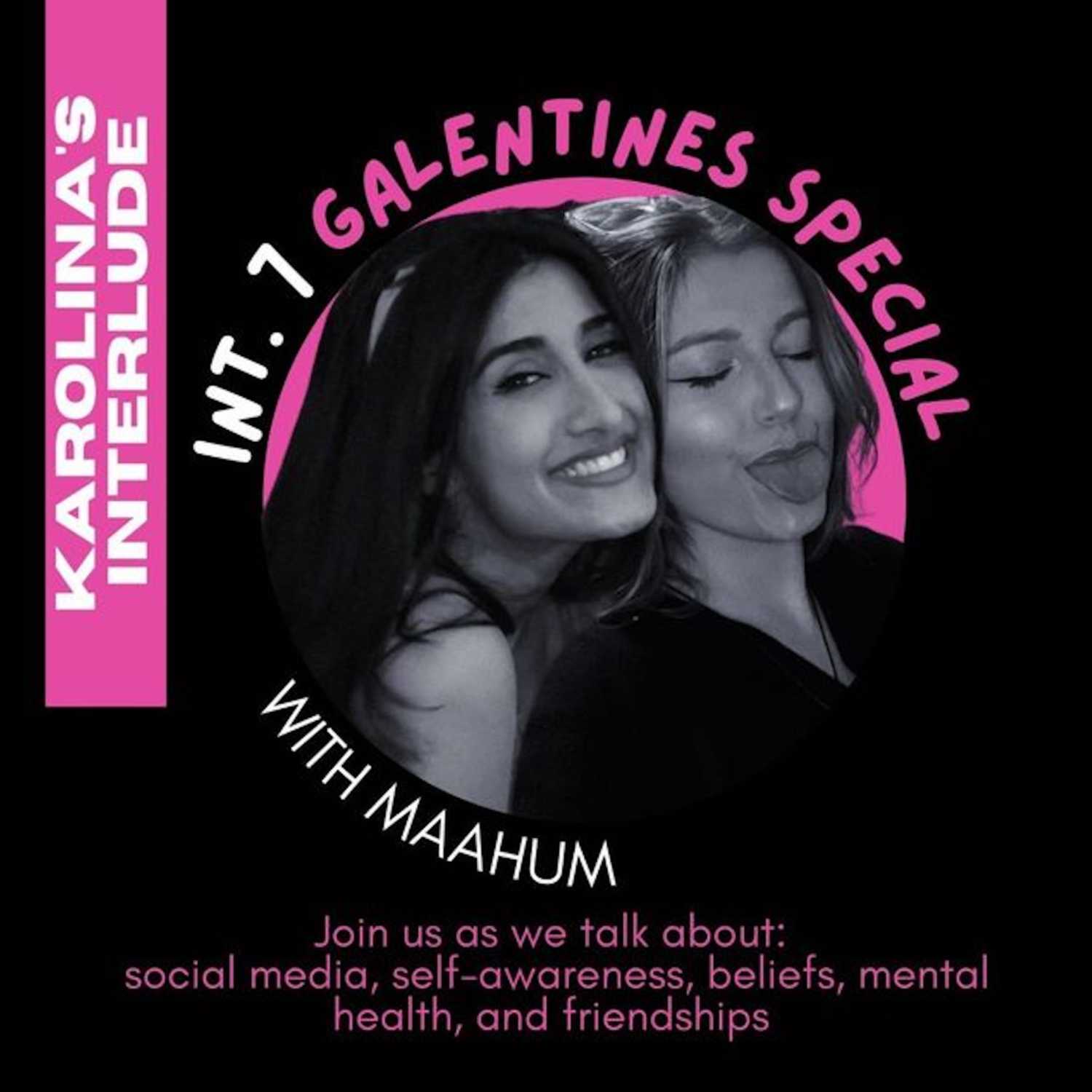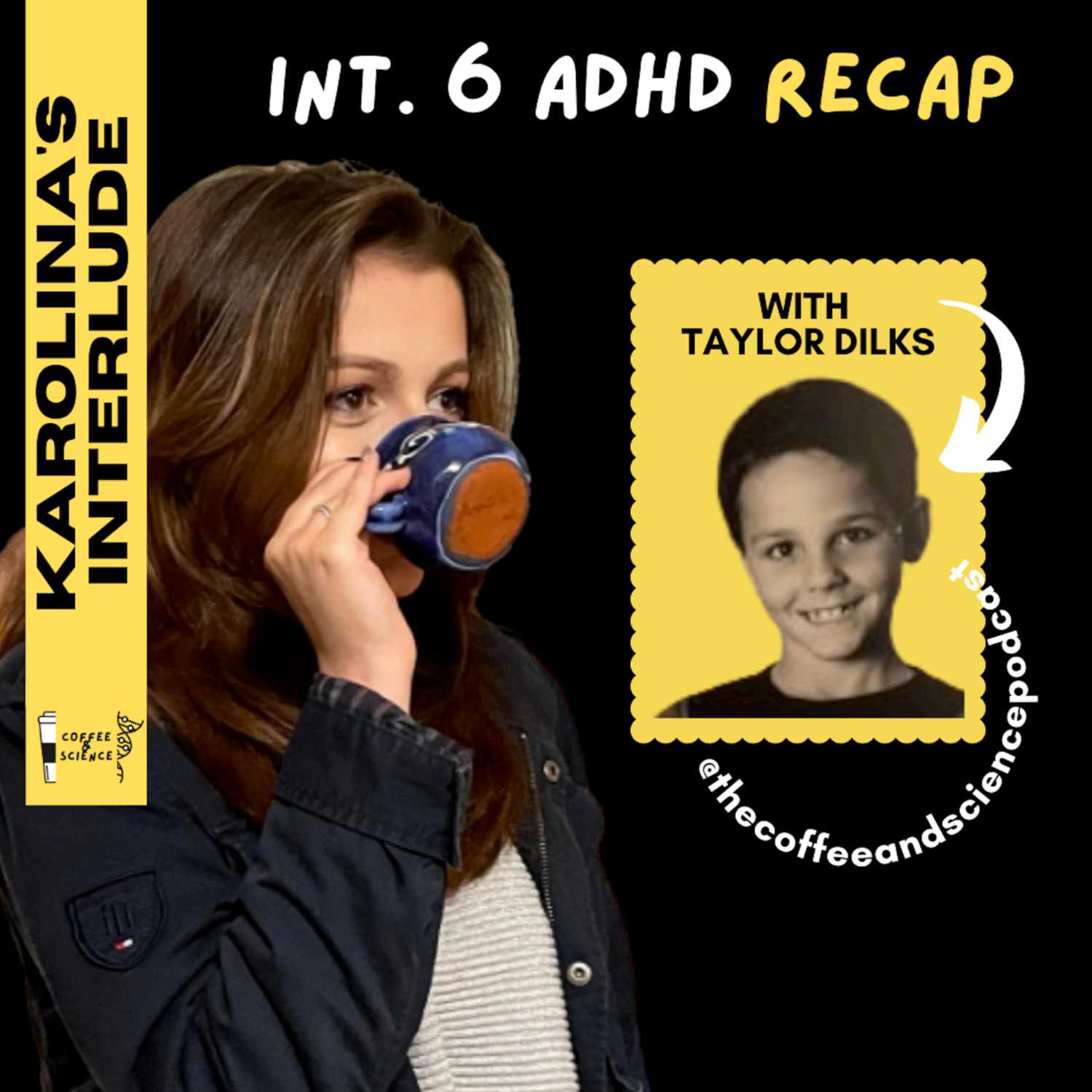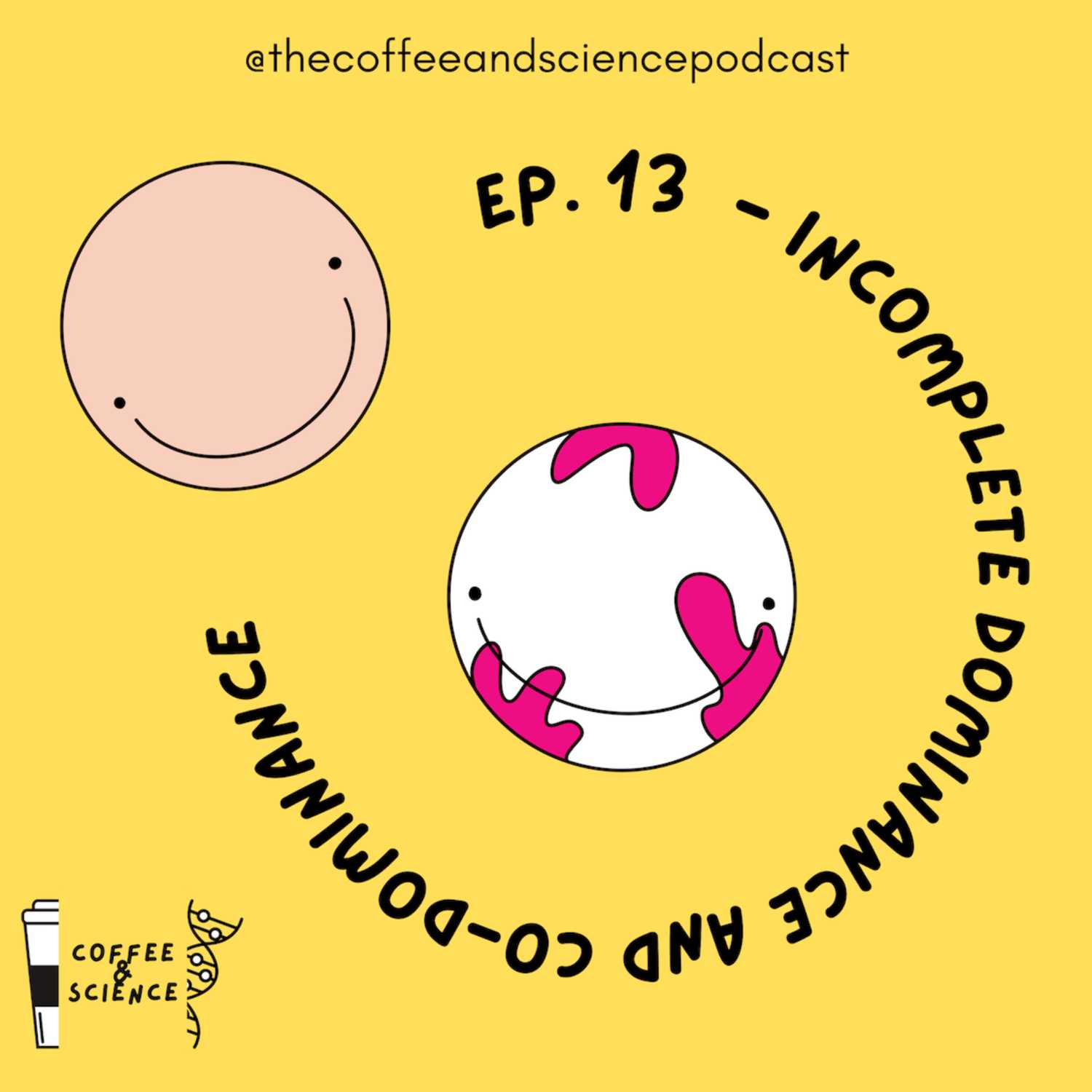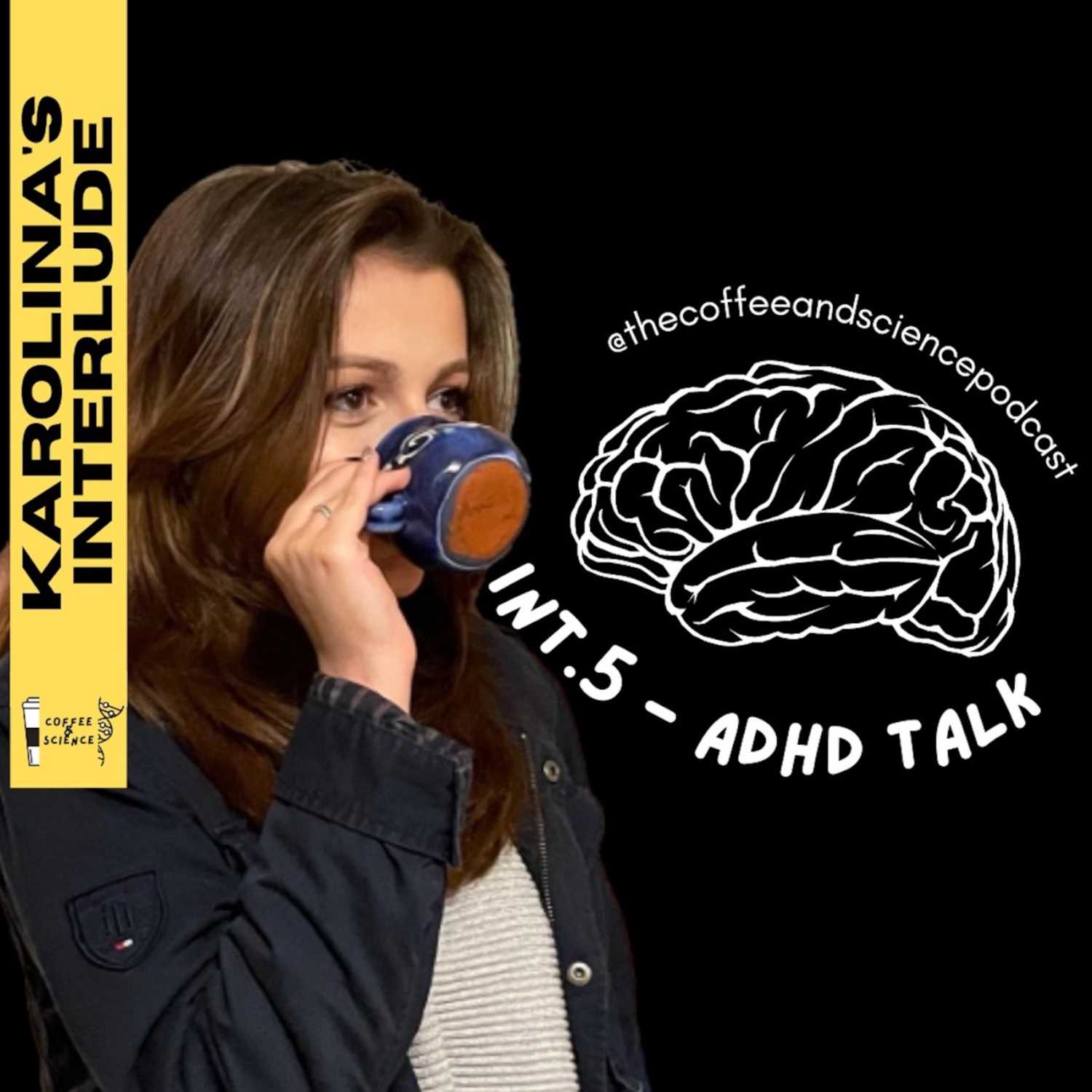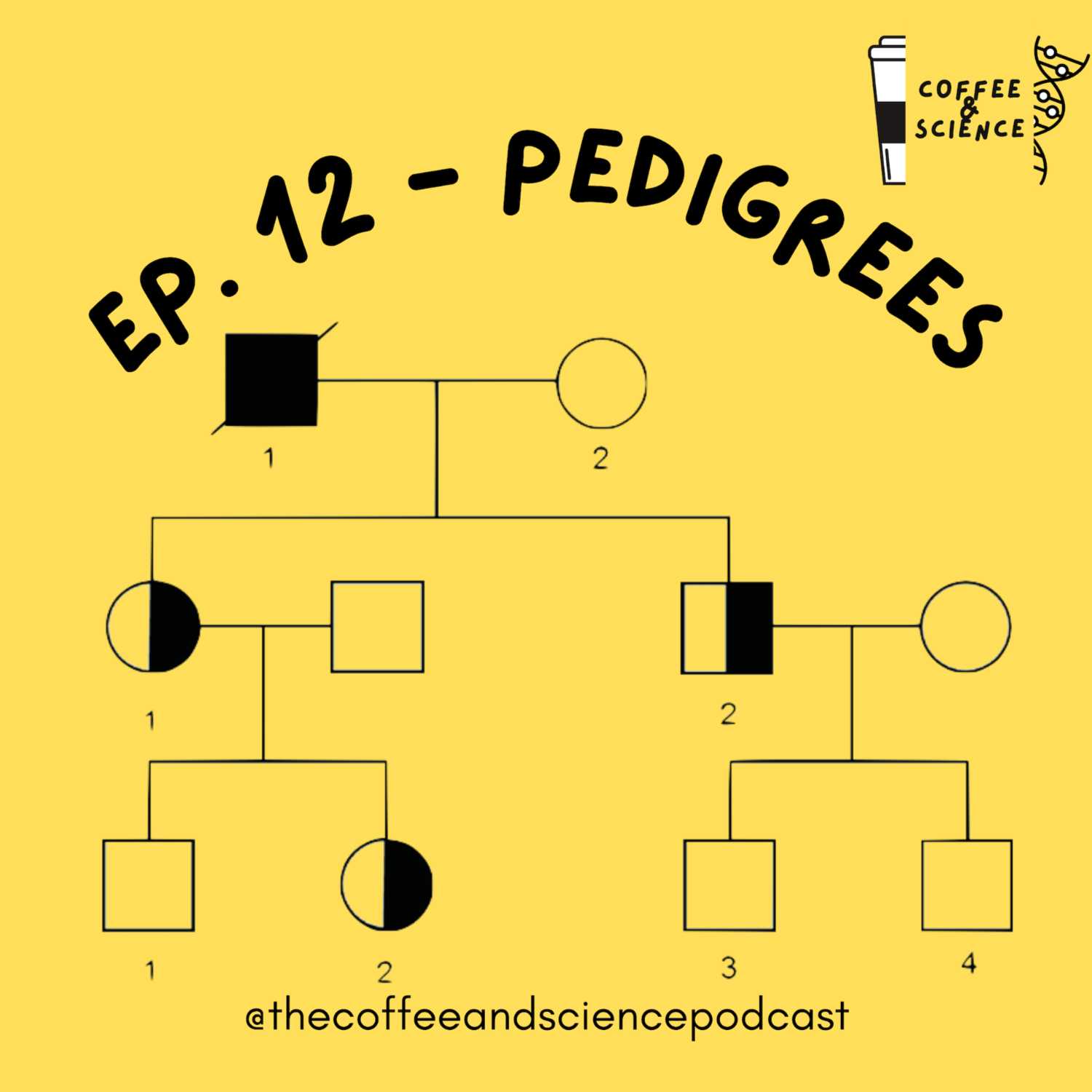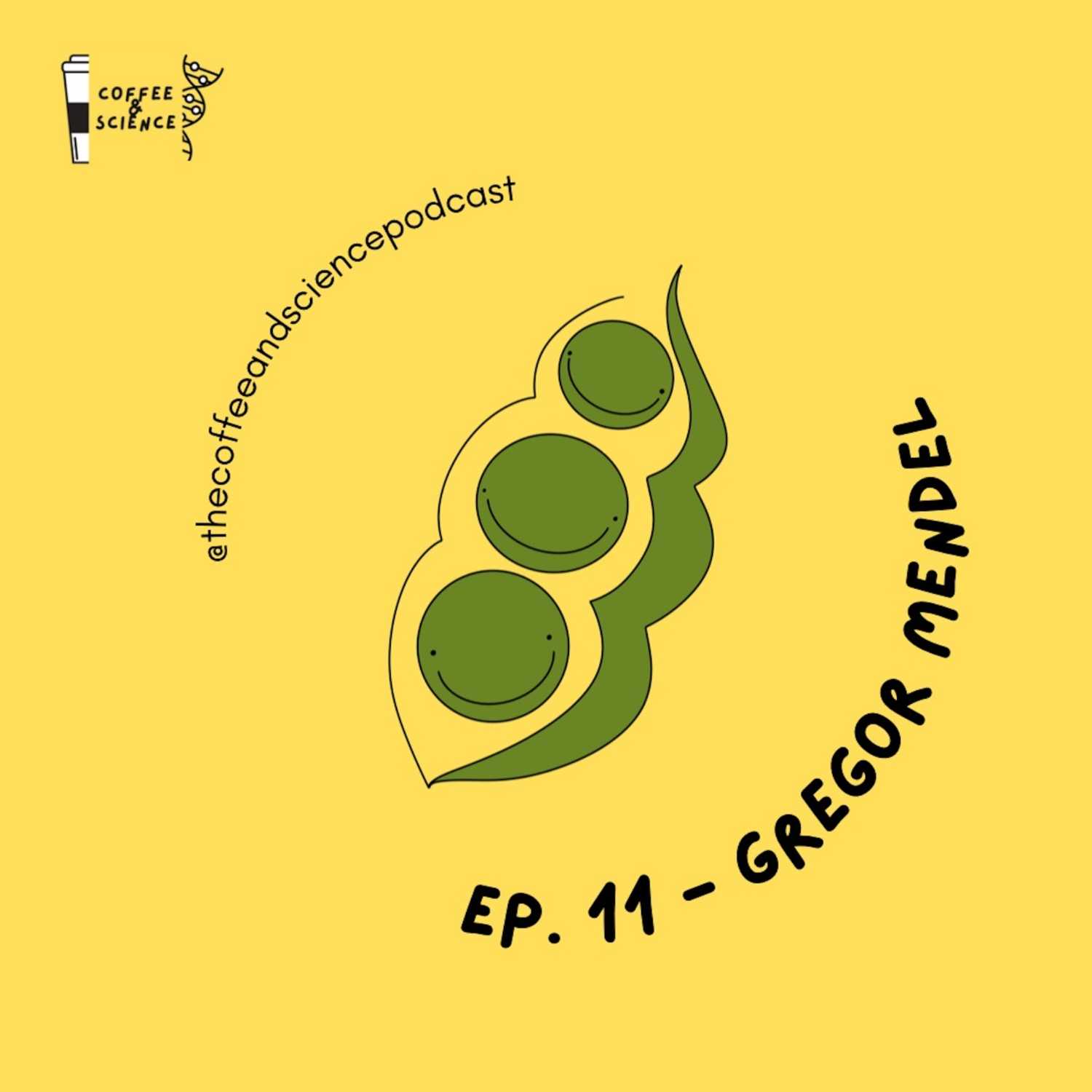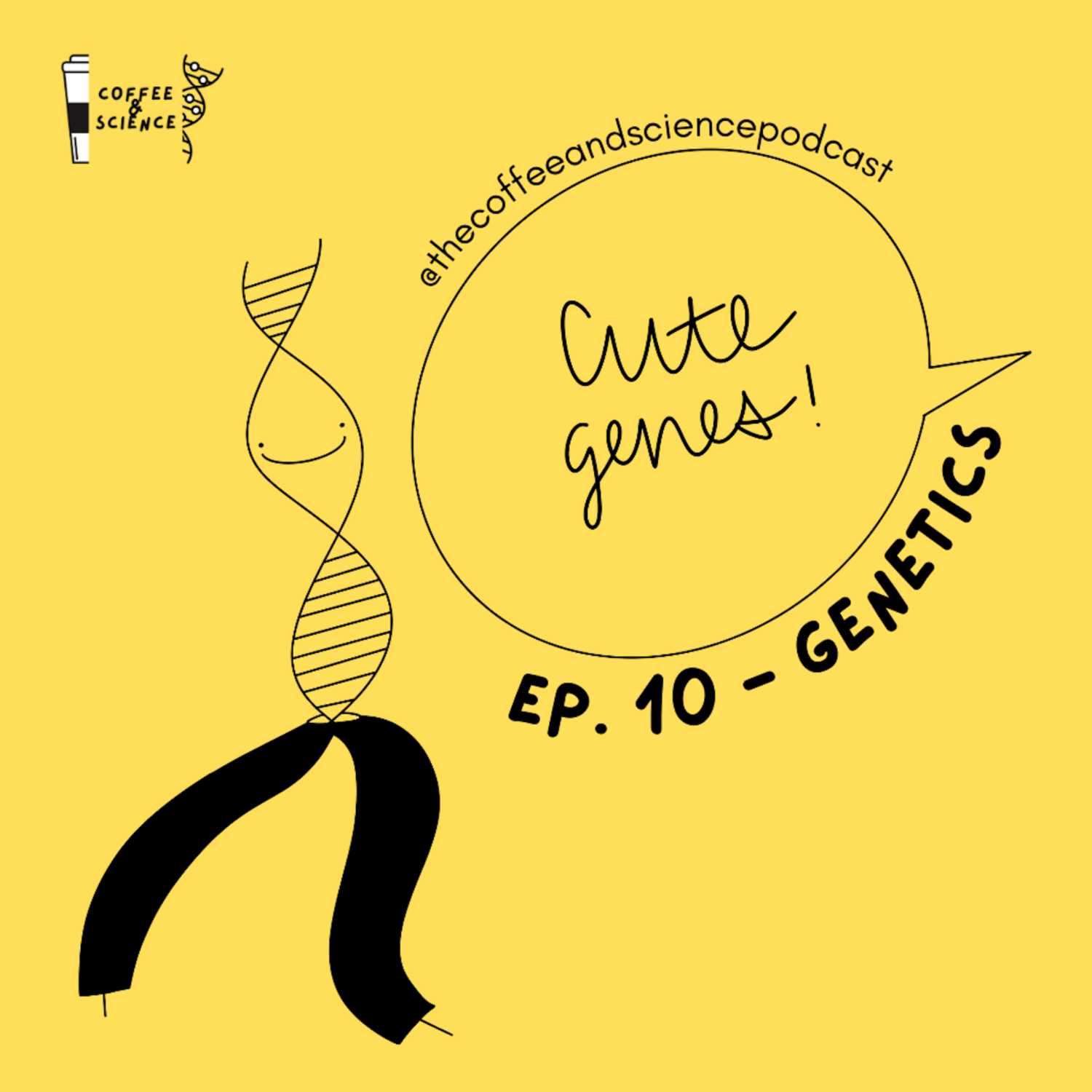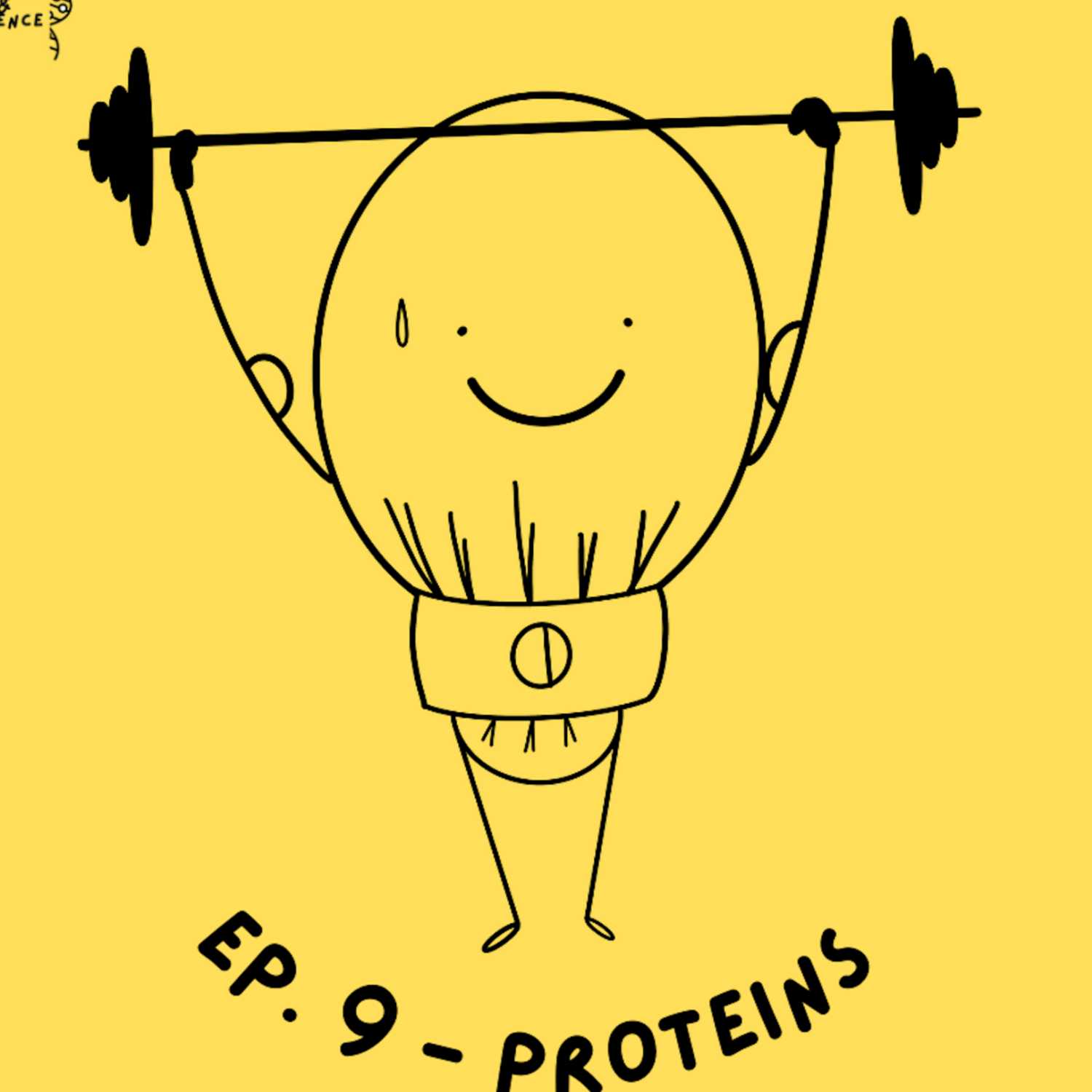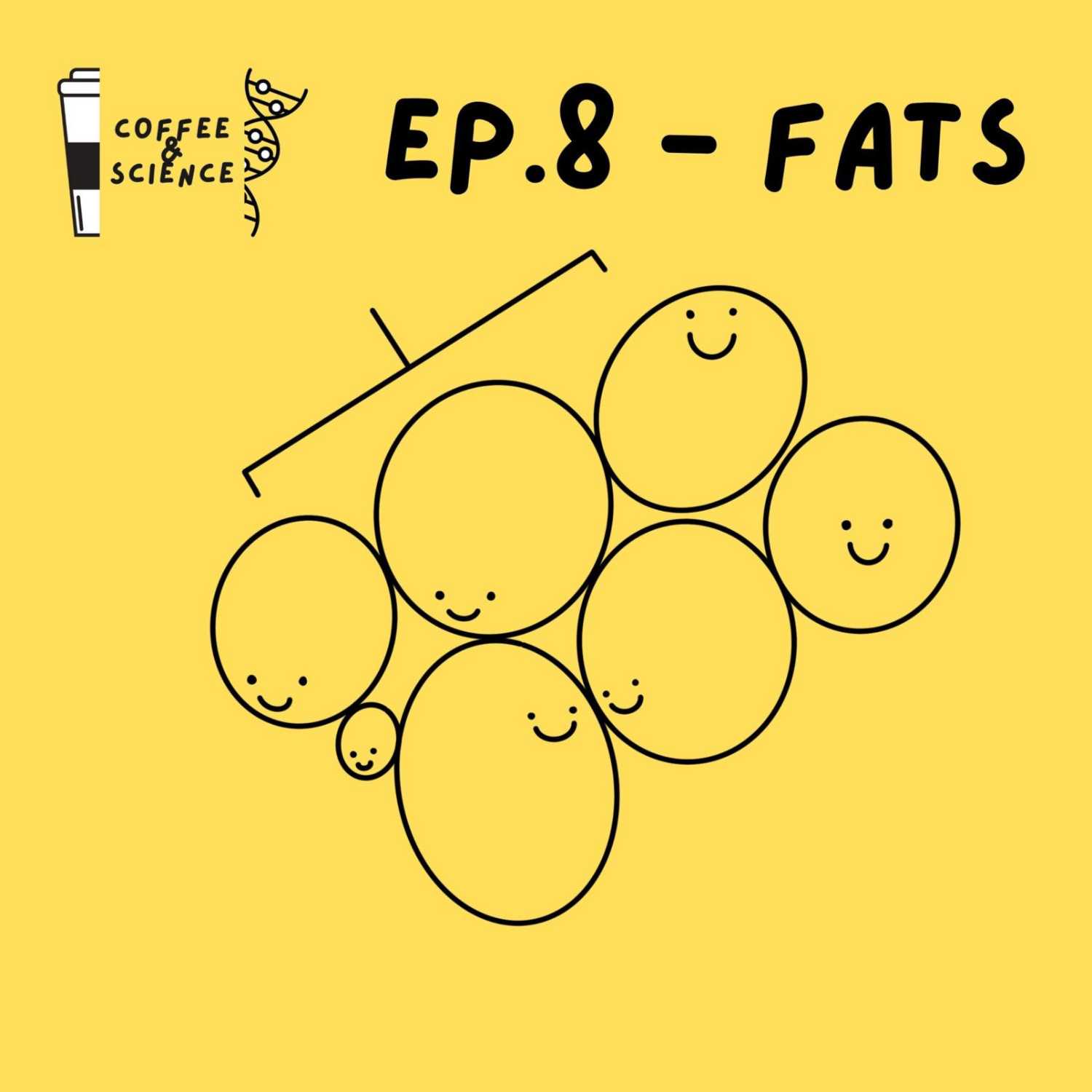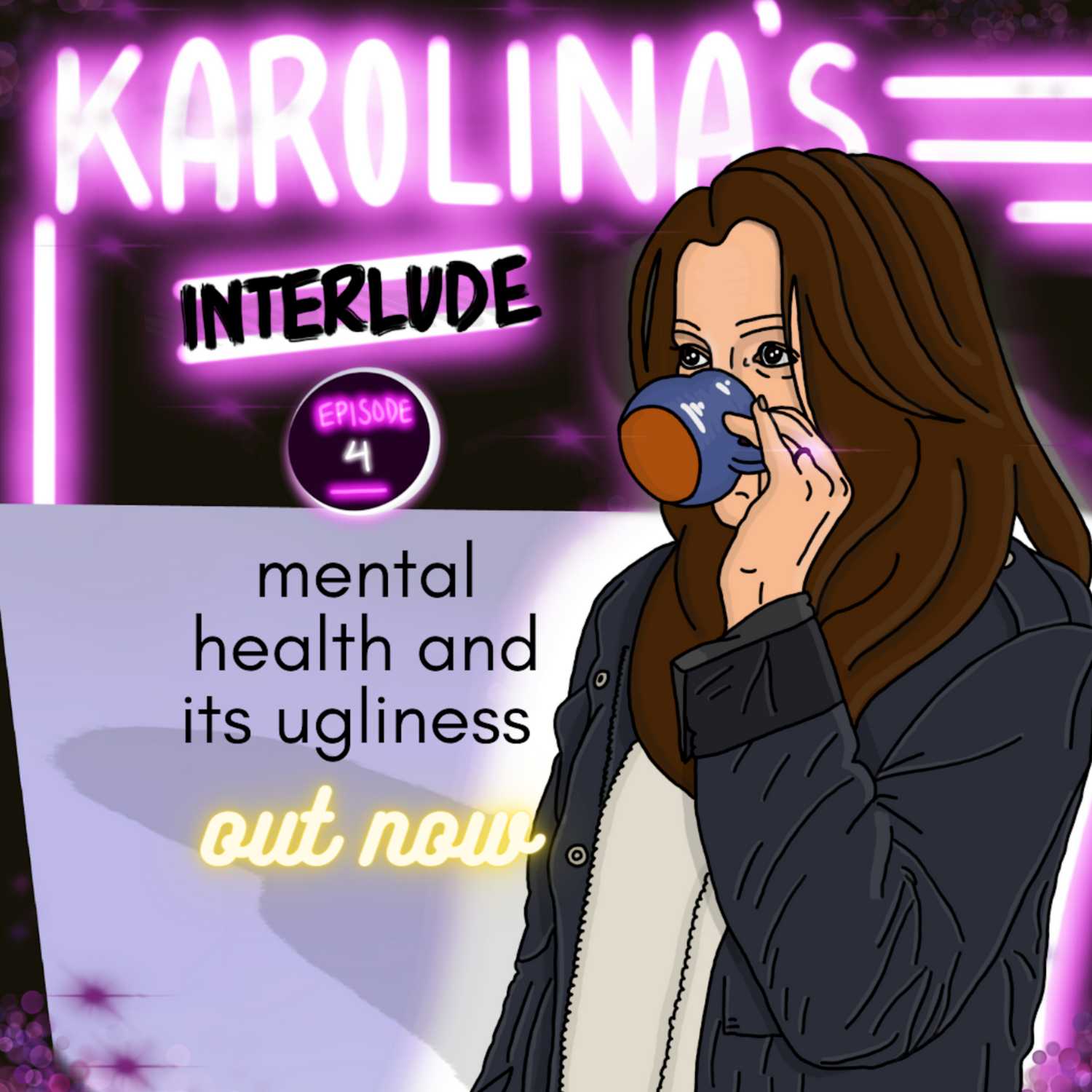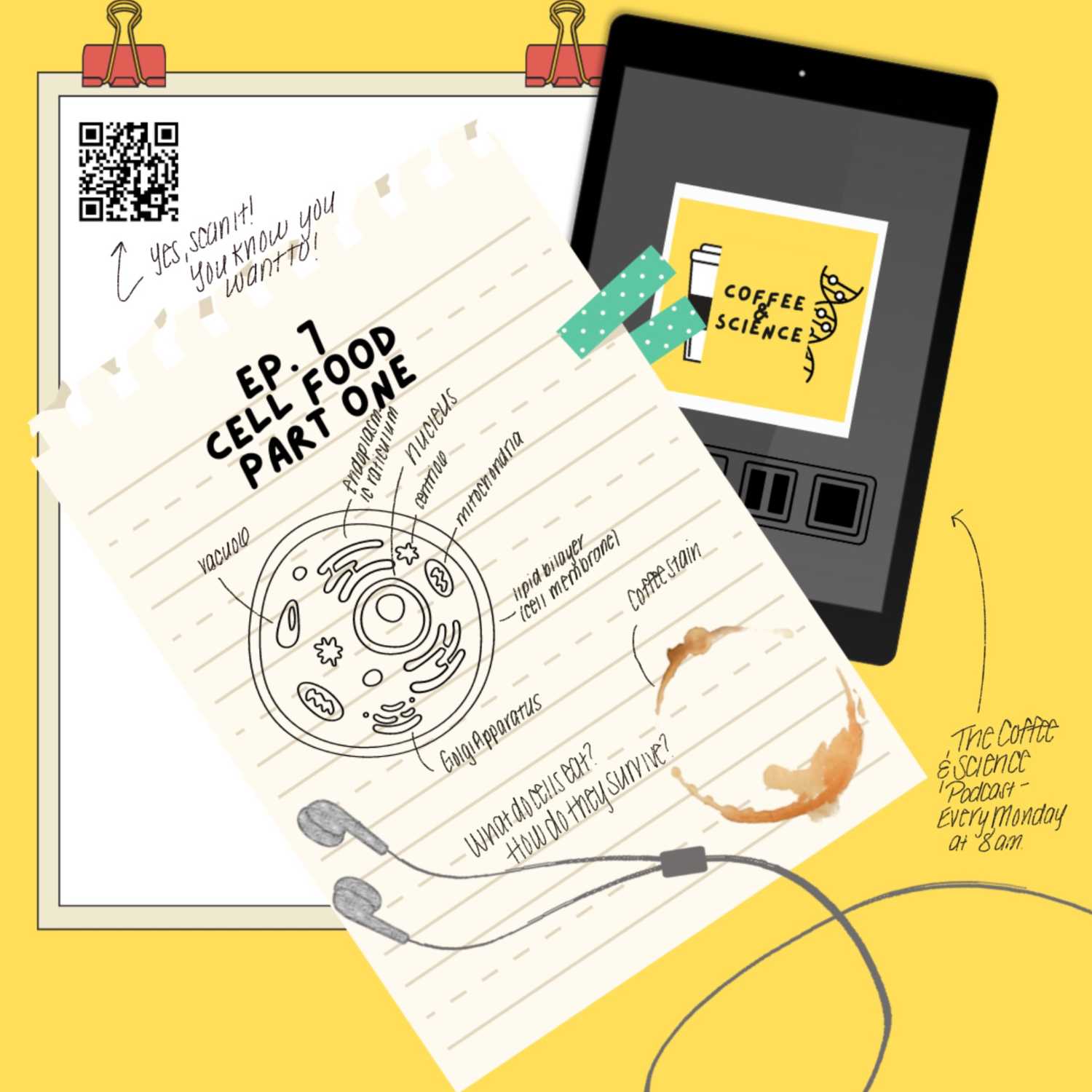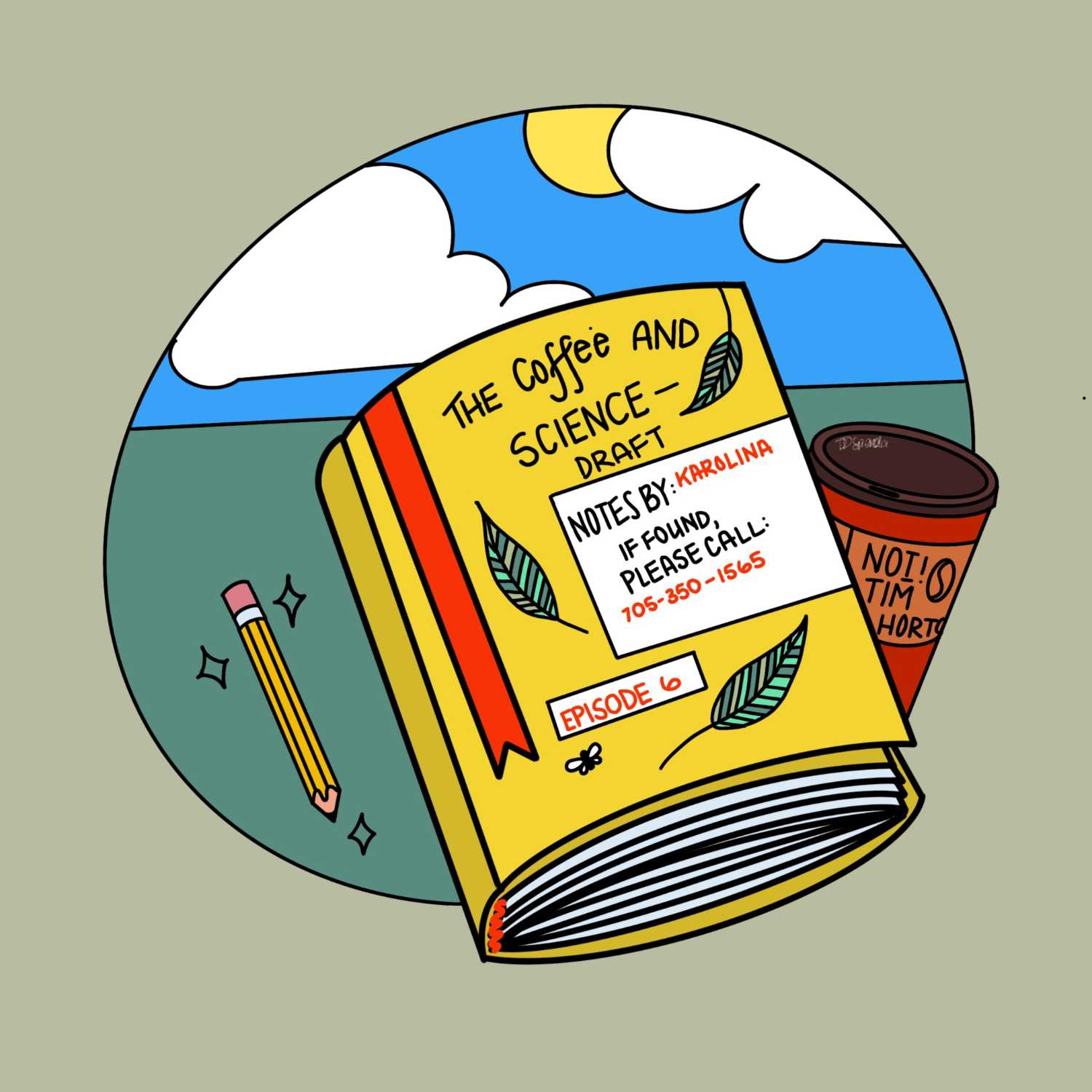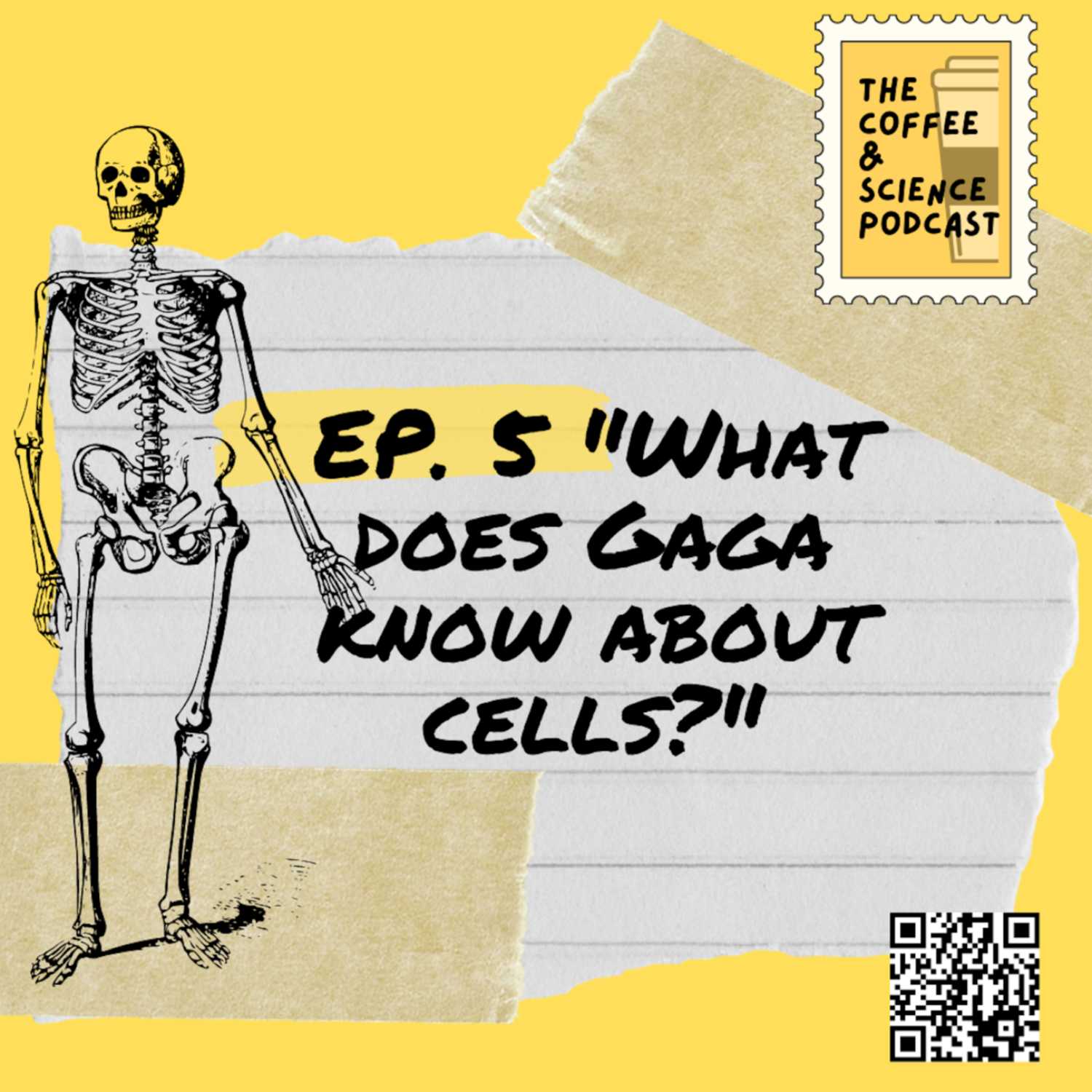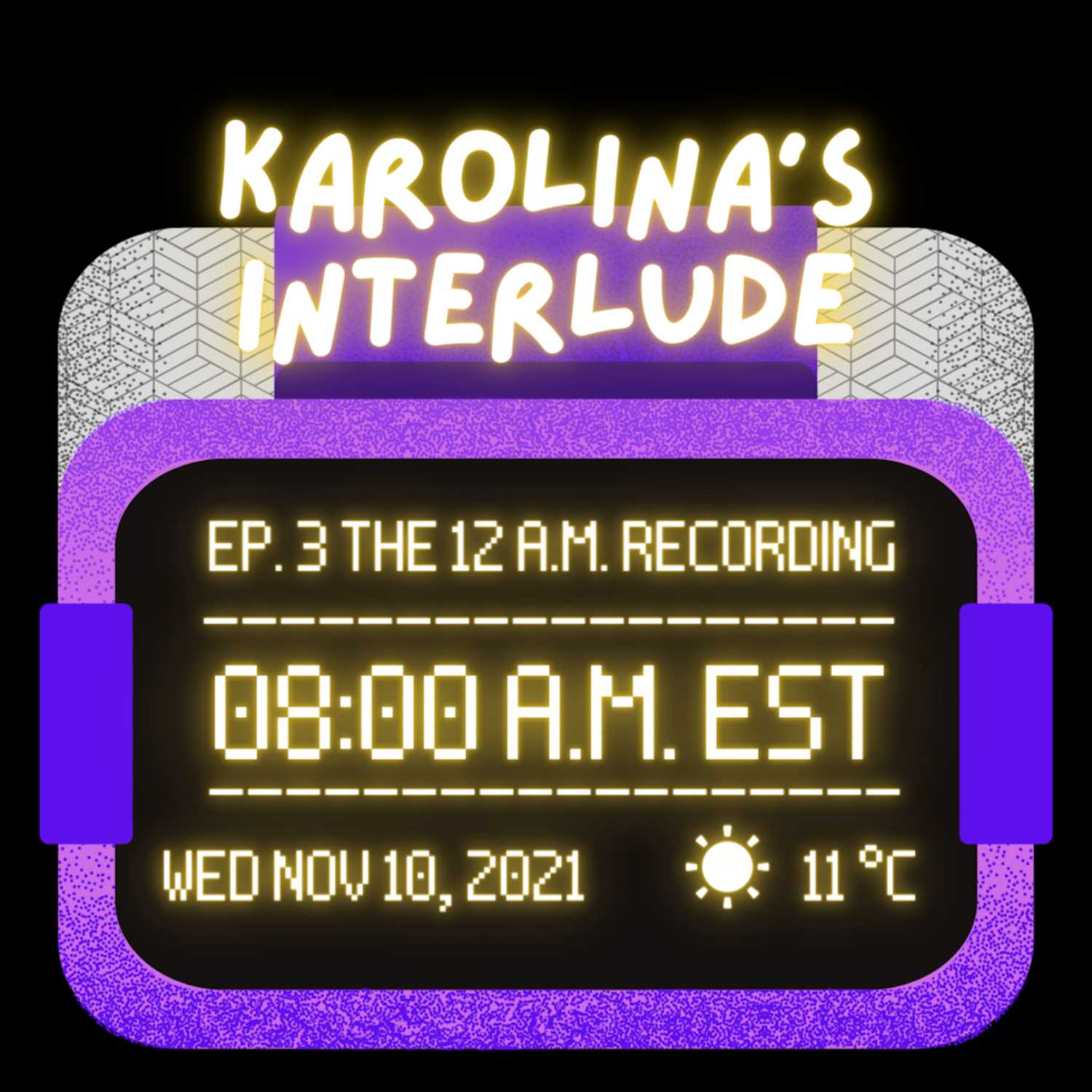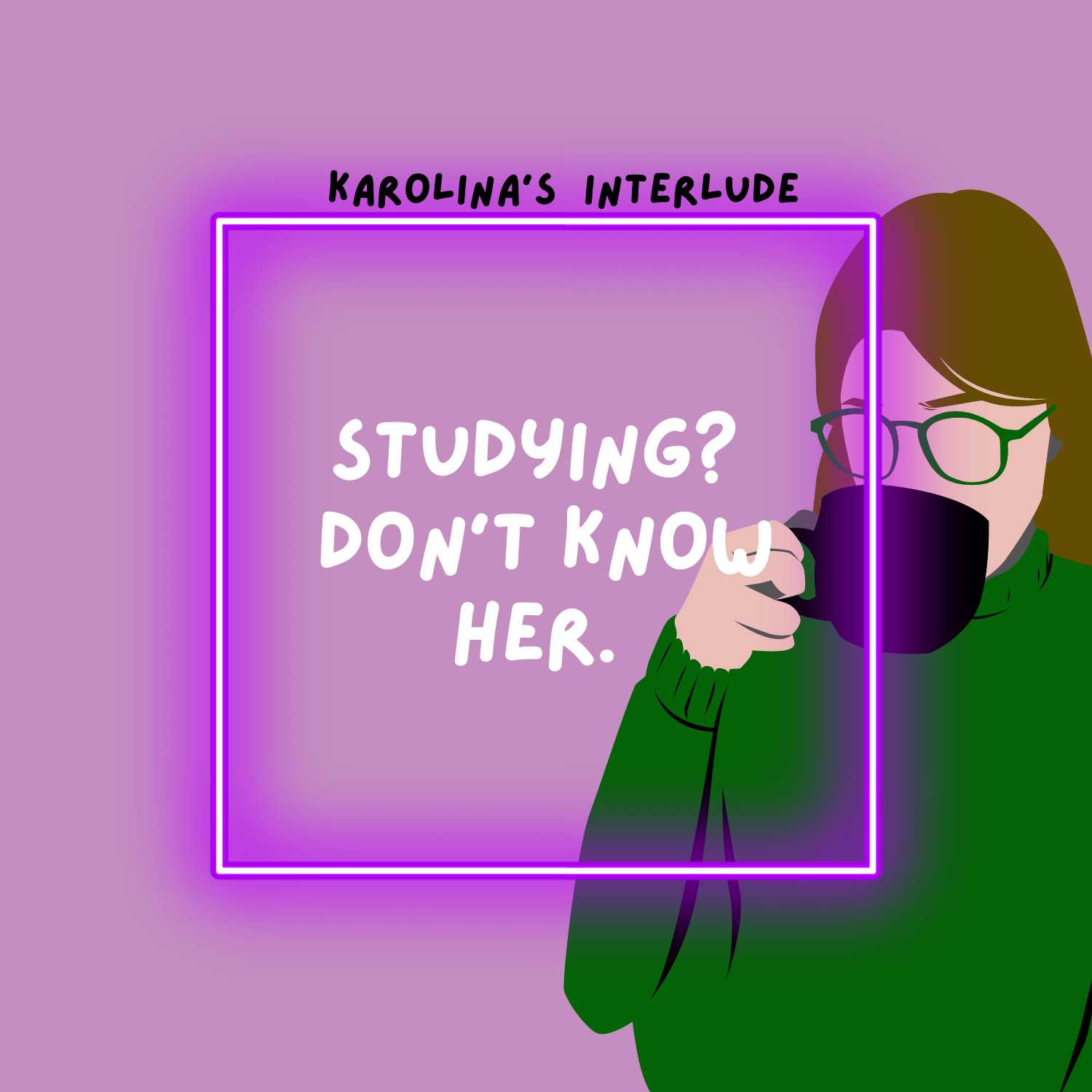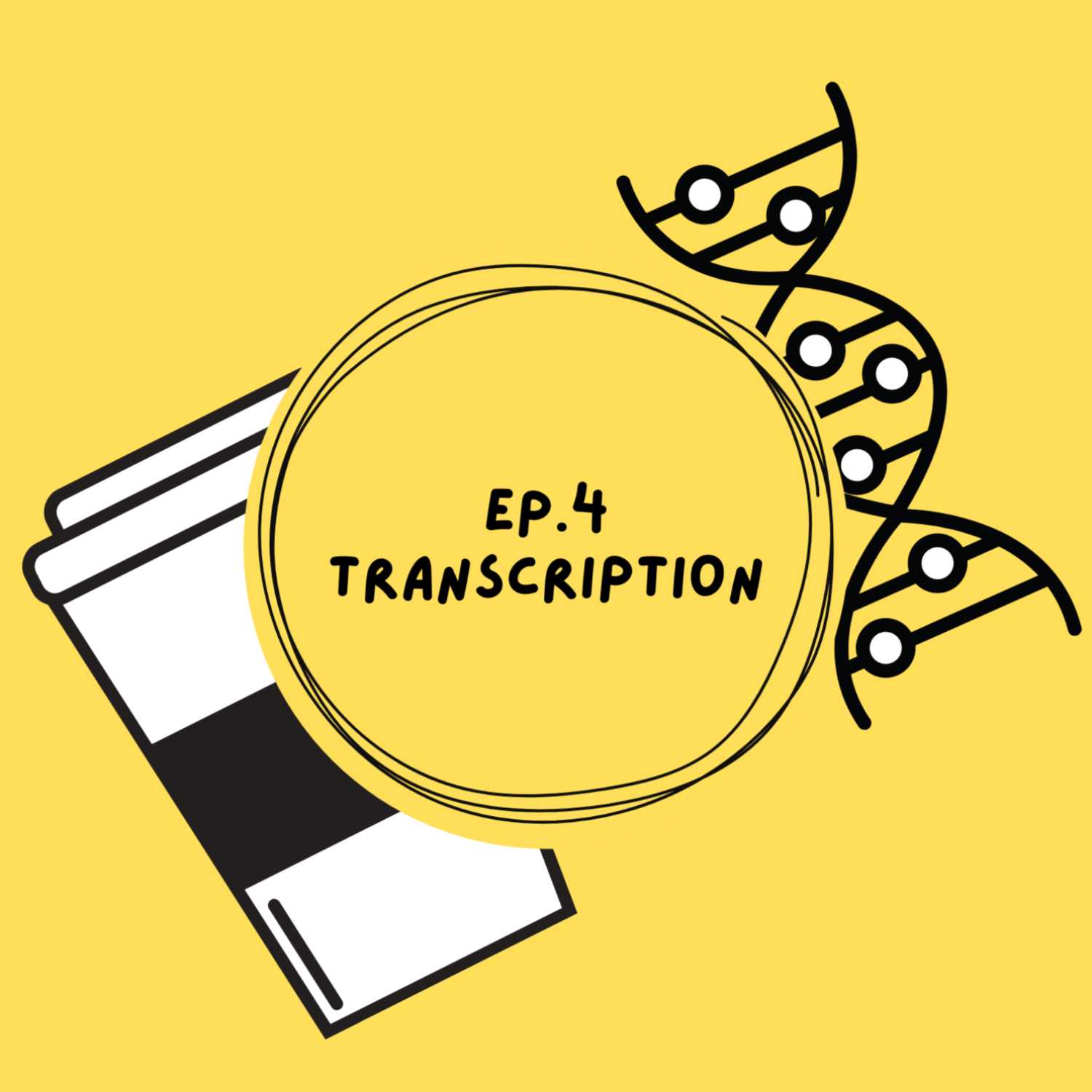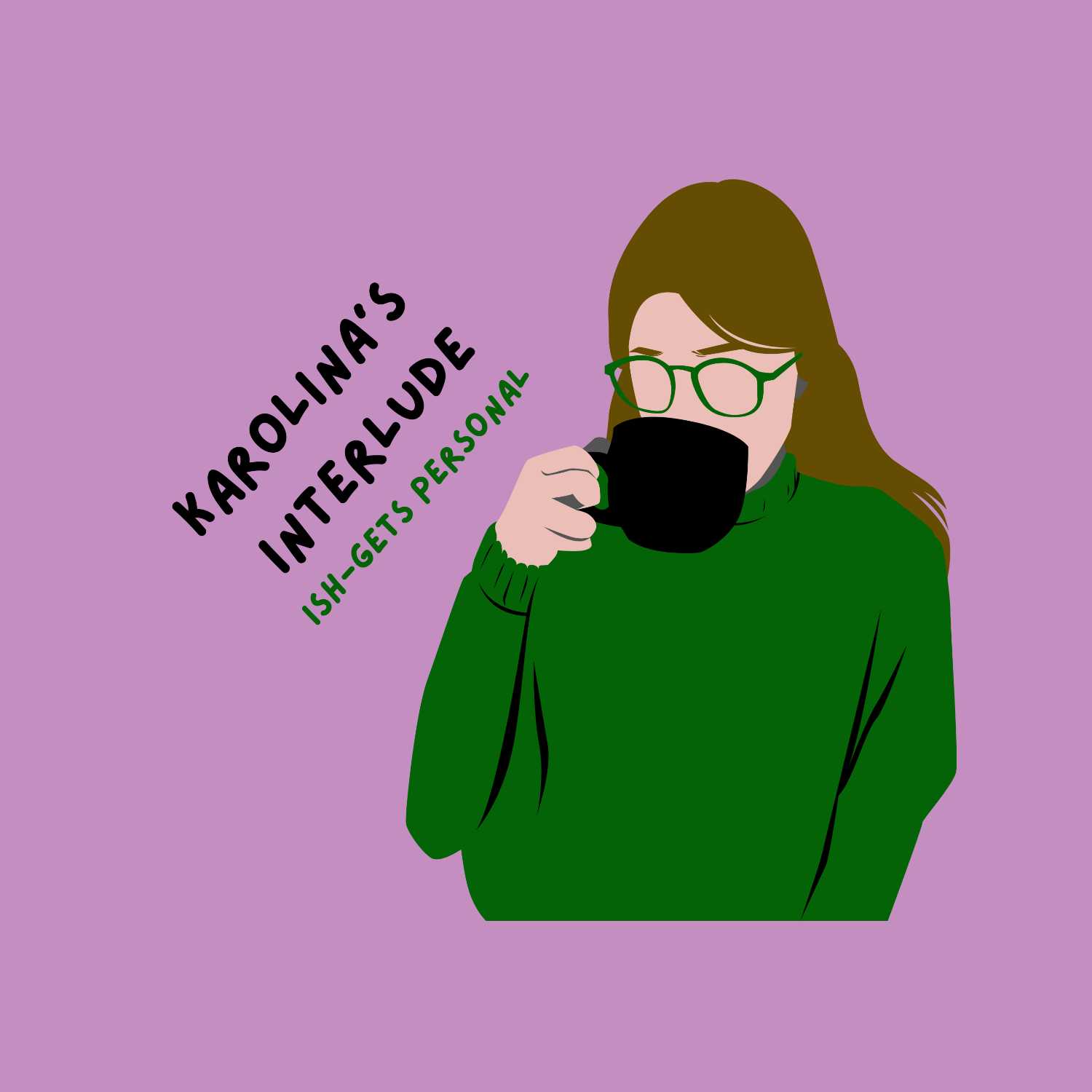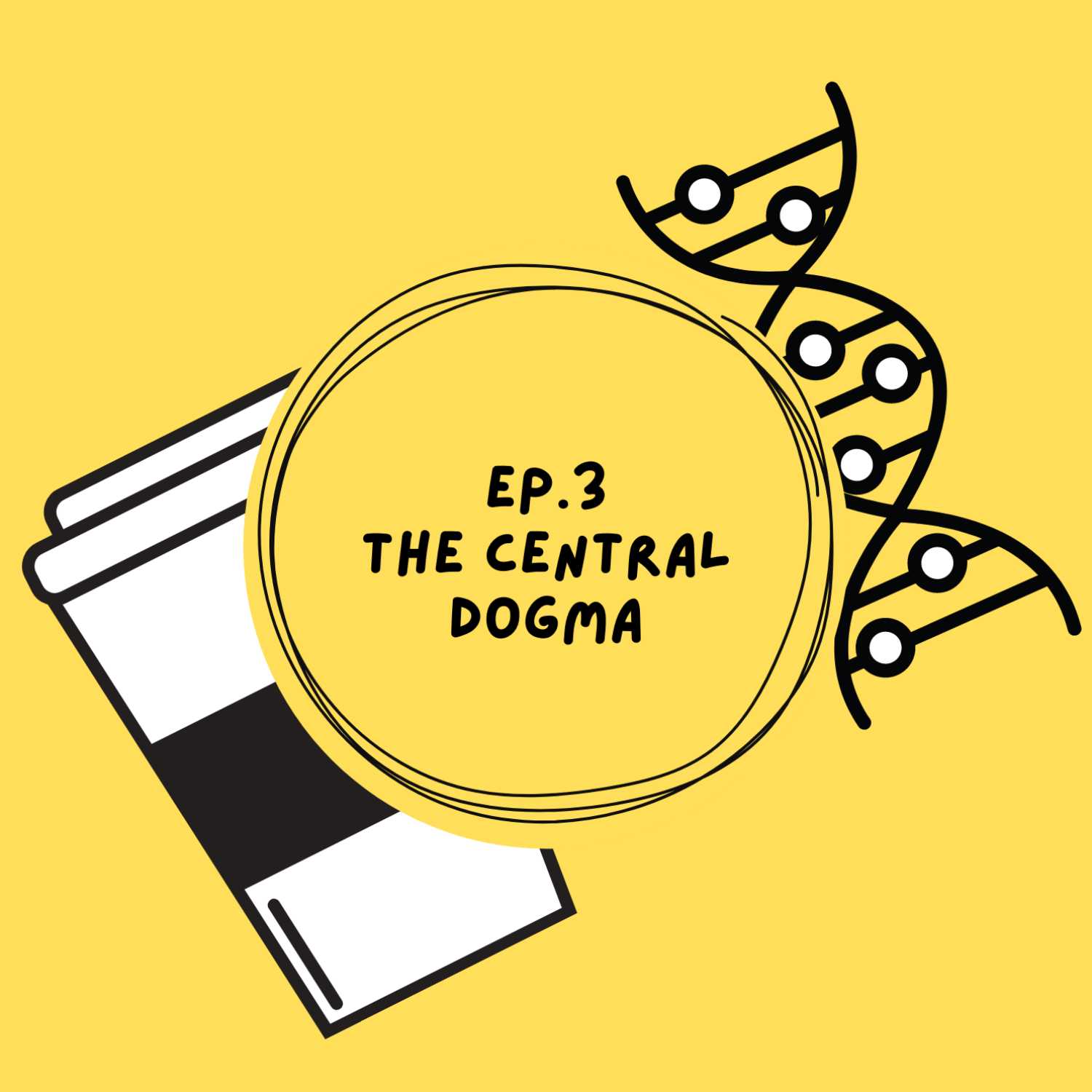Discover The Coffee & Science Podcast
The Coffee & Science Podcast

The Coffee & Science Podcast
Author: Karolina Zarichna
Subscribed: 1Played: 2Subscribe
Share
© Karolina Zarichna 2021
Description
Coffee & Science Podcast is a place where I, Karolina, your host, will teach you concepts in science. I will start by introducing you to simple concepts taught in grades 11 and 12, and I will build to more advanced levels studied in Universities. This podcast serves as a study tool for university students and a source for science concepts for the general public. Let's geek out about science together!
23 Episodes
Reverse
Hello everyone! Welcome to this week's interlude episode. I had the pleasure of hosting Taylor Burch (M.OMSc (The Master in Practice Diploma of Osteopathic Manipulative Sciences) / OOA Certified) and asking her about Osteopathy. Join our conversation to learn more about Osteopathy, how to become an Osteopath, and to gain a perspective from Taylor's personal experience. As always, if would like to learn more, please send us a private message @thecoffeeandsciencepodcast on Instagram, or email us at thecoffeeandsciencepodcast@gmail.com Liked Taylor's insight and want to follow her social media? Osteopathy account: @taylorburchosteopathyPersonal: @taylorburch24Catch you on the flip side!
Welcome back to the Coffee and Science podcast. To all my Canadian listeners, I hope you had a wonderful long weekend and got to spend time with your relatives this Family Day.Now, I know that spending time with family can be exhausting - you might even say that you feel like your energy levels have been drained. So what better way to kick off this short week with an episode on energy and photosynthesis?This episode covers the food chain, energy transfer, and details of photosynthesis. I cover the details of how the sun's energy is trapped by plants, and how that trapped energy becomes a source of energy for non-autotrophs.I also briefly talk about how photons drive the production of oxygen and hydrogen atoms within chlorophyll, and how the hydrogen atoms are used to drive the Calvin cycle when broken down, releasing protons, electrons, and ATP. Join me for this week's science talk.Catch you on the flip side,LinaIf you are interested in the visuals for this episode, or if you simply want to be a part of the science crew, follow @thecoffeeandsciencepodcast on Instagram.
TRIGGER WARNING - this episode contains conversations regarding mental health and might be triggering to those suffering from depression and other mental illnesses. If you, or someone you know, is suffering from a mental health illness, please reach out for help.call 833-456-4566 and talk to someone today._Happy Valentine's day to all you beautiful people.Are you our valentine? If so, click that play button and join Maahum and I as we cover various topics including love, politics, opinions on corporations, and mental health.Let us know your thoughts by messaging us @thecoffeeandsciencepodcast on instagram.As a reminder, you matter!XOXOL&M
Please welcome Taylor Dilks for this week's interlude. We cover some questions regarding ADHD and share personal experiences. Listen now, and let us know your thoughts by PMing our @thecoffeeandsciencepodcast Instagram page. Thanks for your support,Lina
Hello and welcome to this week's episode! Click that play button to learn more about the differences between two dominance patterns and how they apply to genetics and everyday life. Make sure to visit @thecoffeeandsciencepodcast on Instagram for the latest visual aids. Thank you once again for all your support!Enjoy, Lina
LET"S TALK ADHD
COME JOIN!Today we are talking about pedigrees and their role in the world of genetics. I briefly touch on the ability of geneticists to use pedigrees to track diseases linked to recessive genes and how we can use genetics to modify crops, animals, and even humans (well, "modify").Happy listening,Lina
Hi, and welcome back to the Coffee and Science podcast! Wakin' up is hard, but science is to the rescue. I know, I know... the excitement might be stemming from my dark side - the nerdy side. HOWEVER, plug in those earphones into your phone, turn on those high-quality speakers and swap your Joe Rogan podcast to listen to something that gives you the basics of science. Today, we are talking about Gregor Mendel. An entire 20 minutes dedicated to peas and the genes that ultimately gave rise to the three Mendelian laws. Are you the dominant one or the recessive? Or are you both? Also, can you spot the moment that Cleo makes a cameo? :)Talk to you next week! Thanks for your ears. Lina
GENETICS ... that's a big word for Elmo. Hi nerds! Welcome back to the coffee and science podcast. Happy to have your ears for the next 10 minutes. Today, we are talking about genetics, genes, alleles, Hippocrates, and Aristotle. Aristotle said what about human development???Btw, did you know that genetics is my favourite topic? Let me know your thoughts and opinions @thecoffeeandsciencepodcast on Instagram. Be there, or be square. Lina
Happy 2022!!! What better way to celebrate than listen to a new episode of the Coffee and Science podcast?Proteins, proteins, proteins .... If only Romeo would spend more time caring about proteins, he'd probably still be alive. This episode covers the different protein structures, protein function, and more. Click that play button and unwind. Follow me @thecoffeeandsciencepodcast on Instagram for the visual aids. Talk soon, Lina
Fats are cool, why do they matter?Get your cells on ;)
Hello everyone,This week is Karolina's interlude week. I will talk about mental health and how it personally impacted me over the last few years.Thanks for listening.
Ever wanted to know what cells eat? How do they survive? Where do they get the energy to keep things moving?Over the next three episodes, I will be covering the primary three sources of food that cells use. This will include sugars, fats, and proteins. Join me this week as I talk about sugars and how cells use them to do other things.Happy Monday, everyone,Lina
Hello friends,We are onto episode #6 of the coffee and science podcast. We're picking up right where we left off last week, Robert Brown!!Come listen to this episode and finish up with the timeline of discoveries that got us here, our time.Thank you for your support!Lina
Hello & welcome to another episode of the coffee and science podcast!This week we're talking more about cells, specifically, the cell theory and the history of how it came to be. What we know about cells is closely tied to the improvements of the microscope. This episode covers the history of the first microscopes and the scientists that were the first ones to describe various cells.Part 2 is coming next week! In the meantime, check out the visuals to this episode at https://linktr.ee/coffeeandsciencepodcast !P.S. Make sure to listen until the very end to hear some bloopers.Thank you for joining me,Karolina
Hello friends,I'm back once again! As before, interludes are more informal podcasts where I blabber about one thing or another.This week I wanted to talk about why I've been missing and my plans for the podcast.Make sure to listen to the very end for special brain fart moments.Thanks for listening,Lina
I am a firm believer that studying is a form of art. However, it took me about two years to nail down and adjust what worked best for me. In this episode, I will talk about the Pomodoro technique and note-taking with friends, which has helped me better my grades and have more free time to do things for myself and my mental health. Speaking of studying and free time, I thought it would be great to split the previous episode and the detailed version by two weeks. This will ensure that enough time has passed before your memory is triggered once again.Make sure to follow @thecoffeeandsciencepodcast on Instagram for next week's episode and the additional visuals. Happy Monday,Karolina
Transcription is the process that makes mRNA from DNA, further allowing the translation to take place. In this episode, I talk about the three stages of transcription in prokaryotes and describe the machinery directing the transcription.Go to @thecoffeeandscience podcast on Instagram for visual aidsThank you for tuning in,Happy to teach you!Karolina
Look at her, uploading two episodes this week!Today's episode is a little more informal & I talk through the reason behind the Coffee & Science podcast. Come on, press play, and listen to me rumble about my experience with science.
Hello & welcome to ep. 3,Today we're talking about an overview of the central dogma, DNA, RNA, proteins, transcription, and translation. I have provided a few examples of the DNA and its structure by utilizing basketballs as a reference. Learn about DNA and how it becomes a functional protein within your body. In addition, there are visuals uploaded to the @thecoffeeandscience Instagram page & will aid you in understanding this week's content. "Those are cute genes" ... "You are cute genes."Thanks for tuning in, Karolina References for this episode: The Genetic Code | Boundless Biology. (n.d.). Retrieved June 16, 2021, from https://courses.lumenlearning.com/boundless-biology/chapter/the-genetic-code/Deoxyribonucleic Acid (DNA). (2020, August 24). Retrieved June 16, 2021, from https://www.genome.gov/about-genomics/fact-sheets/Deoxyribonucleic-Acid-Fact-SheetNucleic Acids. (2019, April 27). Retrieved June 17, 2021, from https://bio.libretexts.org/Courses/University_of_California_Davis/BIS_2A%3A_Introductory_Biology_(Easlon)/Readings/04.4%3A_Nucleic_AcidsGriffiths, A. J., Miller, J. H., Suzuki, D. T., Lewontin, R. C., & Gelbart, W. M. (2000). Transcription and RNA polymerase. Retrieved from https://www.ncbi.nlm.nih.gov/books/NBK22085/


